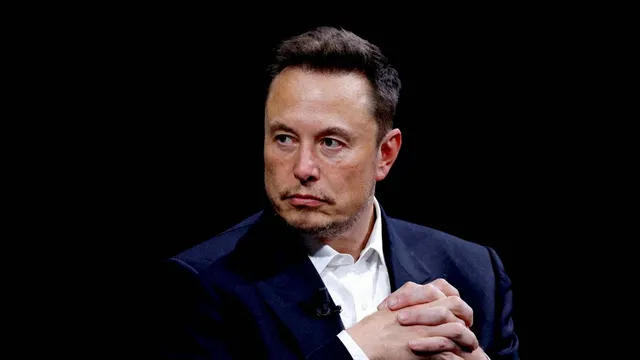- By Prateek Levi
- Sat, 15 Nov 2025 11:08 PM (IST)
- Source:JND
Elon Musk is once again looking far beyond Tesla’s current roadmap. In a recent conversation with Ron Baron, the Baron Capital founder, the 54-year-old entrepreneur outlined a long-horizon vision in which Tesla’s humanoid robot, Optimus, eventually transforms global healthcare. His argument rests on a bold premise: AI-powered precision could give every individual access to “the best surgeons”, regardless of geography or wealth.
ALSO READ: Tech Weekly Roundup: New Phones, AI Features And A Controversial Apple Accessory
Musk’s idea isn’t about upgrading hospitals with smarter machines; it’s about fundamentally rethinking how medical expertise is supplied. While no version of Optimus built specifically for healthcare exists yet, Musk spoke with the confidence of someone who believes the groundwork is already being laid. For him, the real challenge facing healthcare isn’t financial—it's the scarcity of skilled professionals. “People often talk about eliminating poverty and providing great medical care, but they never actually have a solution,” he said.
Elon Musk on how Optimus will provide access to the best medical care for anyone in the world:
— Nic Cruz Patane (@niccruzpatane) November 14, 2025
“Imagine a world where everyone has access to the best surgeons, literally everyone. And Optimus will have the level of precision that is frankly superhuman and will be able to do… pic.twitter.com/nawibXgSQ2
He pushed the point further, noting that even affluent nations run into the same limits. “There are only so many highly skilled surgeons and specialists, and they don’t grow on trees.” In his view, that bottleneck is exactly what robots like Optimus could remove.
Musk imagines a future where factories churn out millions of identical, high-precision medical robots capable of performing procedures with consistency and accuracy no human could match. “Optimus will have the level of precision that is frankly superhuman,” he said, suggesting these robots could eventually handle “very sophisticated medical procedures, any medical procedure, perhaps things that humans can’t even do because they’re too difficult.”
To Musk, this represents a shift similar to what manufacturing underwent during the industrial revolution—except applied to healthcare. Rather than waiting a decade to train a specialist, hospitals could deploy machines designed for flawless performance at scale. That, he argues, could enable levels of medical access that today feel impossible.
ALSO READ: Google’s New AI Shopping Tools Are Turning Search Into A Conversation
Optimus isn’t ready for the operating room—at least not yet. But Musk maintains that the trajectory of robotics and AI brings this vision closer each year. The implication is clear: if his prediction plays out, the world could see a form of healthcare that grows not with the number of trained surgeons, but with the number of robots produced.

